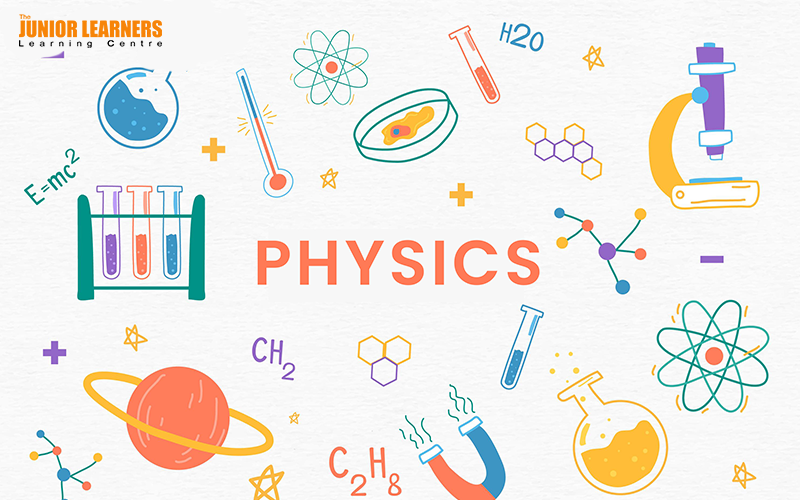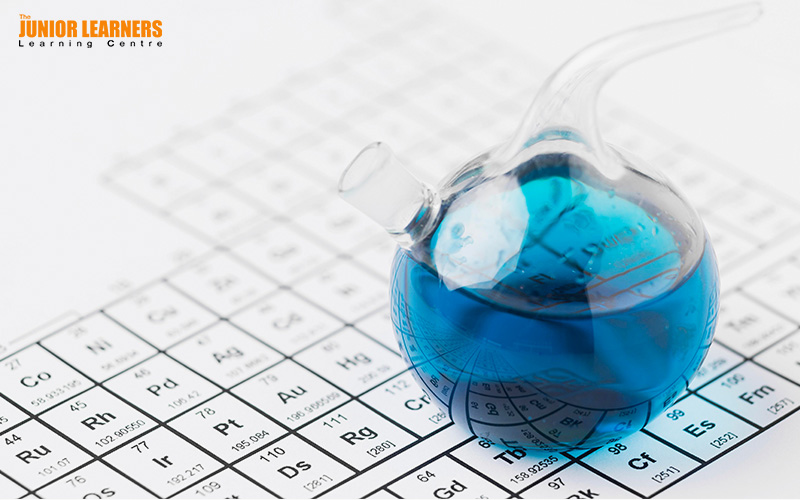What are the differences between Physics, Chemistry, and Biology? Cue blank faces among some of our students whenever this question is broached in our science tuition classes. This response does not mean that students do not understand the differences. It is just that Secondary 1 and 2 students must study all three subjects. As a result, every subject is categorised as science in their minds.
So why is it essential for Secondary school students in Singapore to know the differences between each subject? Well, that is because when they progress to Secondary 3, they have to choose their subject combinations and whether to take Combined Sciences or Pure Sciences. This decision has a significant impact on their academic and career progressions.
At our learning centres, we would like our students to know what they are studying so that they can figure out which subjects they want to pursue in relation to their career aspirations. This information also enables students to make more informed choices regarding their subject combinations. So without further ado, let us look into the differences between the three sciences!
Comparing the three branches of science
1. Physics

Physics is the natural science that studies matter and energy, and everything there is to do with them, with the aim of understanding how our universe functions. With matter, we learn the motion of matter through time and space. Conversely, with energy, we study what happens to an object when energy is applied to it.
Naturally, this is a simple overview of Physics. The material encompasses so much more, including gravity, string theory, astronomy, atomic and nuclear physics, the theory of relativity, etc. From the tiny atom to the vast expanse of space, everything related to matter and energy concerns Physics!
2. Chemistry

Stop us if you have heard of this before: Chemistry is the study of matter and energy. Hang on! That sounds exactly like Physics. Well, the differences lie in both subjects’ scope and approach. Physics concerns the study of the universe, whereas Chemistry is the study of individual molecules, chemicals, and chemical reactions.
Chemistry can be split into the following five branches, all of which are further explored in school and Secondary school science tuition classes:
1. Analytical Chemistry – Students are taught to utilise quantitative and qualitative measures to identify various substances’ chemical and physical properties.
2. Physical Chemistry – The combined study of Physics and Chemistry to understand how matter and energy interact with one another.
3. Organic Chemistry – The study of compounds containing carbon. It is often referred to as the “Chemistry of Life” since all molecules that comprise living tissue contain carbon as part of their make-up.
4. Inorganic Chemistry – The inverse of Organic Chemistry, as students study metals and gases that do not contain carbon as part of their make-up.
5. Biochemistry – The combined study of Biology and Chemistry to understand the chemical processes that occur within living things.
3. Biology

Biology is probably the easiest to distinguish between the three sciences. As long as life is involved, it falls under Biology since the subject relates to the study of living things. Students learn about the evolution of living organisms and how they interact with their environment. The study of Biology includes the following branches: animal behaviour, biochemistry, environmental ecology, genetics, marine biology, and more!
Subject combination – what is the ideal choice?

Combined Sciences or Pure Sciences?
Instead of asking yourself this question, consider your academic and career aspirations. If you wish to pursue a science-related diploma at Polytechnic or the GCE ‘A’ Level (Science Course), Pure Science is the sensible option since Combined Sciences only cover the basic knowledge and concepts. As a result, you may have to dedicate more effort to keep up with the tertiary science curriculum compared to your Pure Science peers.
If you are worried that you might struggle with the subjects and impact your ‘O’ Level’ grades, fret not! Public schools allow Pure Sciences students to convert to Combined Sciences at the end of Secondary 3 if they struggle to cope with the demands of learning Pure Sciences. Alternatively, you can consider enrolling in Secondary school science tuition classes to receive additional guidance on the materials.
As for those considering Double or Triple Sciences, we advise the latter route only if you excel in science. Nevertheless, there are benefits to taking Triple Sciences. This way, you have more subject choices to choose from to form the best ‘O’ Level score, enhancing your chances of enrolling in your dream school. You also have more options when selecting your subject combinations or course choices at the JC and Polytechnic levels, respectively.
After reading our article, we hope you have a clearer idea of the differences between the three sciences. As you might have realised, there are various overlaps between these three branches of science. That is the beauty of science! Through the studies of these subjects, we take another step forward in learning more about the aspects of life and what happens around us.
If you wish to explore Physics, Chemistry, and Biology in greater depth, or if you struggle with any of these subjects, you can consider enrolling in Secondary school science tuition lessons. In fact, there are various benefits to doing so!
At The Junior Learners Learning Centre, we offer science tuition programmes for both Primary and Secondary levels. Do not hesitate to contact us today to enquire about our class schedules if you are interested in signing up for our lessons.

